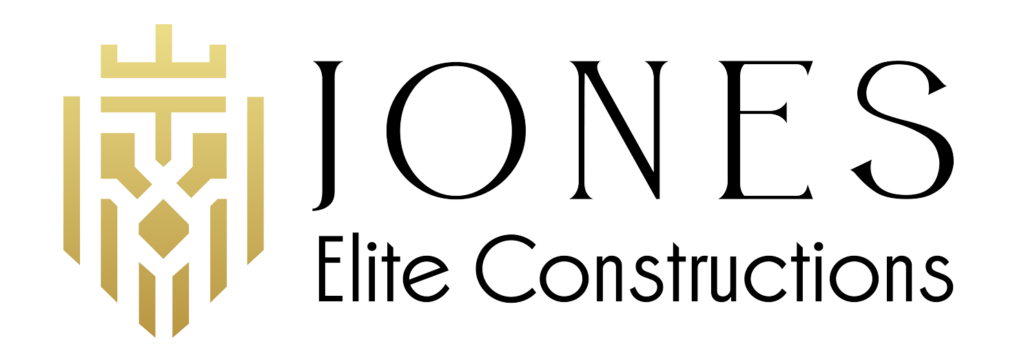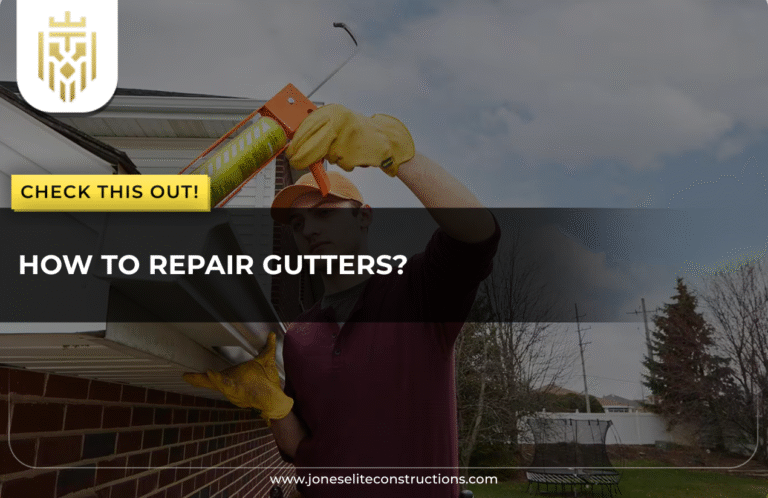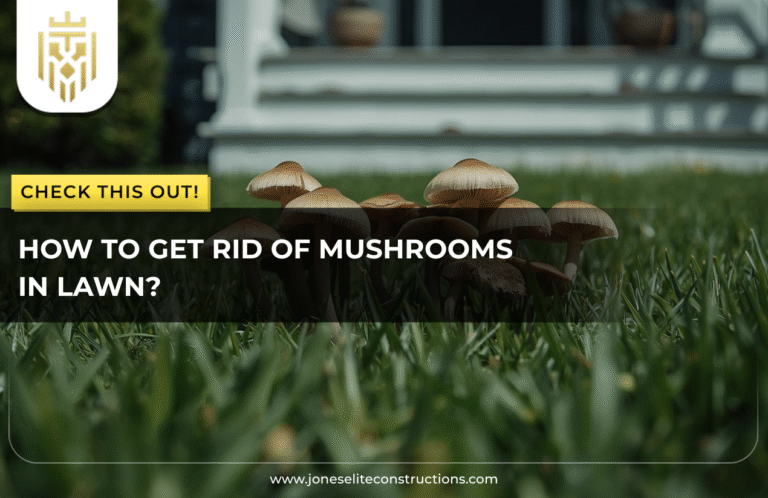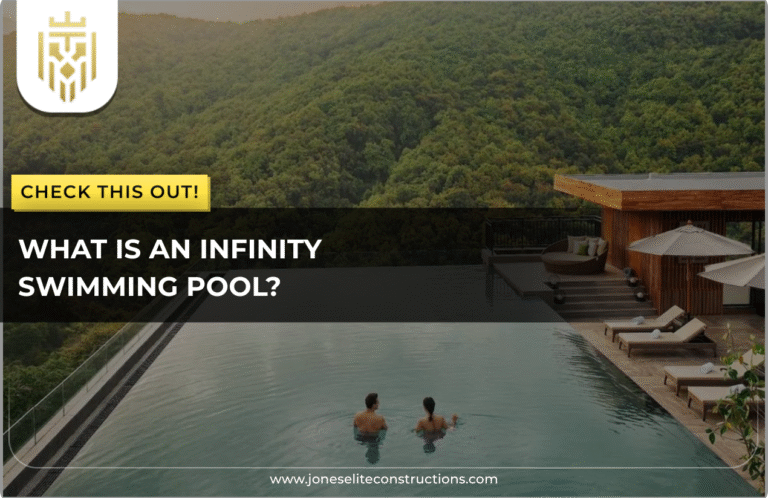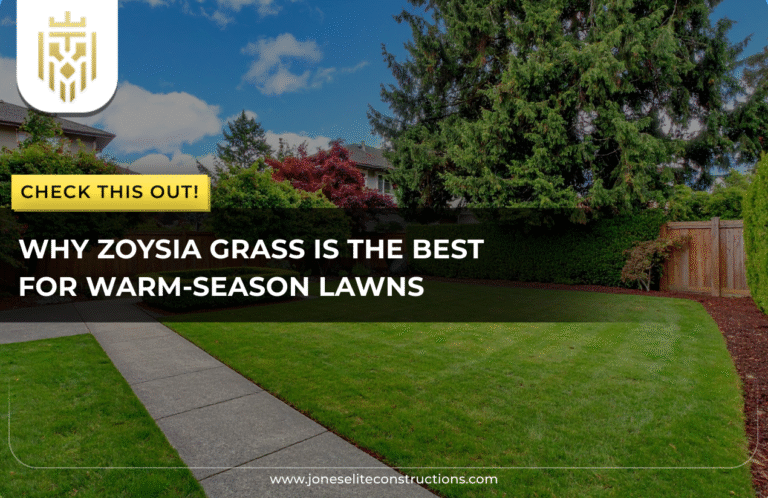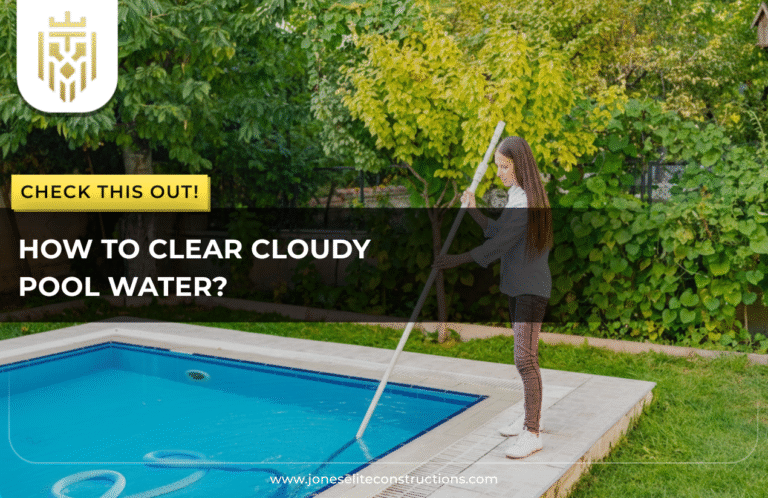What is a Fence?
A fence is basically an outdoor structure that provides enclosure or definition to an area. It can be made of wood, metal, or vinyl or composes materials and serves various purposes such as privacy, security, decoration, or marking property lines. The design and material of a fence usually depend upon the purpose for which it is set up, local regulations, and the individual’s style preferences.
Different Types of Fences for Your Property
Fences aren’t one-size-fits-all. Depending on your priorities—whether it’s appearance, budget, privacy, or durability—there’s a wide range of fencing options to consider.
Wood Fence

Wood fences are among the oldest and most popularly chosen fence types, offering a natural appeal that goes well with virtually every type of home design.
-
Pros of Wood Fence
Wooden fences are very flexible when it comes to height, color, and design. They offer great customizing possibilities. They also create an excellent degree of privacy, especially if they are built with almost little to no space between the boards.
-
Cons of Wood Fence
Despite their beauty, wood fences require regular maintenance to protect against rot, insect damage, and warping. Without consistent care, their lifespan may be shorter than other materials.
Vinyl Fence

Vinyl fencing is a modern innovation that combines nice looks and low maintenance.
-
Pros of Vinyl Fence
Durable against outside effects, paint and stain-free maintenance, and simply cleansed with soap and water; this type of fencing yields satisfaction.
-
Cons of Vinyl Fence
While long-lasting, it is usually more expensive initially, and in excessively cold climates, it becomes brittle and cracks over time.
Chain Link Fence
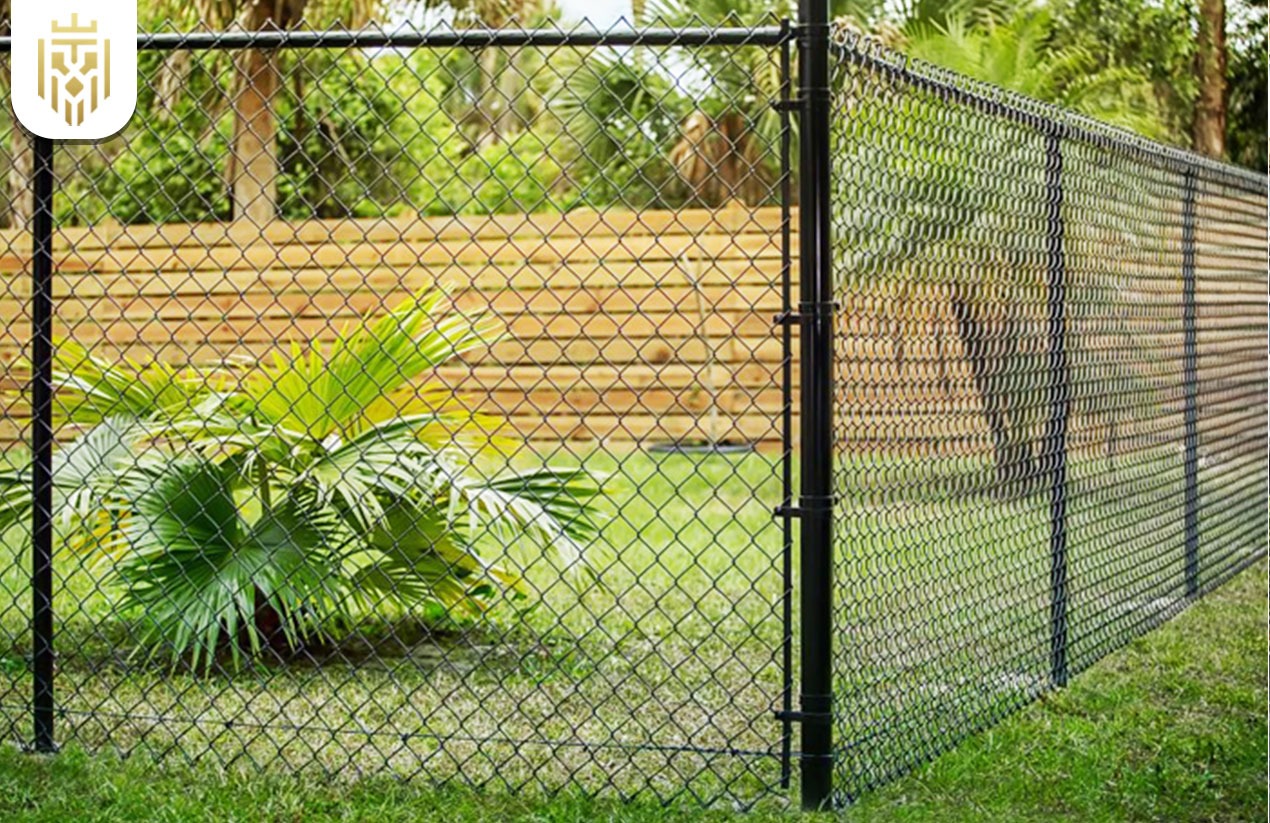
Chain link fencing is cheap and practical in tight places, especially in large areas.
-
Pros of Chain Link Fence
It’s quick to install, budget-friendly, and offers visibility while still establishing a clear boundary. It’s also highly durable with minimal maintenance.
-
Cons of Chain Link Fence
Chain link fencing is not very private or stylish in nature. These can rust over time without proper coating or treatment.
Picket Fences

Picket fences are iconic in residential neighborhoods and offer charm to any front yard.
-
Pros of picket fence
They add visual appeal and allow for customization through paint and decorative design. They also provide a safe enclosure while maintaining visibility.
-
Cons of picket fence
They don’t provide much privacy and, like other wood options, can require frequent maintenance to keep them looking their best.
Wrought Iron Fences

Wrought iron fences are known for their elegance and strong visual presence.
-
Pros of Wrought Iron Fence
They provide both style and strength, with intricate patterns that add luxury and a secure boundary around properties.
-
Cons of Wrought Iron Fence
They are among the most expensive fencing options and require periodic maintenance to prevent rust and preserve their finish.
Aluminum Fence

Aluminum fencing sleekly provides low-cost maintenance of “wrought iron”istic looks.
-
Pros of Aluminum Fence
Lightweight, corrosion resistant, and available in several styles. It can adapt very well to sloping landscapes and is easier to install than the heavy-duty materials.
-
Cons of Aluminum Fence
Although it may look like wrought iron, it is much weaker than wrought iron and of little use for a property that needs high security.
Bamboo Fence

Bamboo fencing gives a natural, eco-friendly look to outdoor settings and is commonly used in tropical and zen-style landscaping.
-
Pros of Bamboo Fence
It’s the most sustainable option, growing very rapidly and biodegradable, and can actually be very chic and different with an esthetic appeal to any backyard.
-
Cons of Bamboo Fence
Bamboo is less durable in a wet or humid climate and can crack or rot when not treated appropriately. It needs regular maintenance to retain its appearance.
Composite Fence

These are made of wood fibers mixed with plastic, and thus composite fences can offer a feel of nature with the modern performance of artificiality.
-
Pros of Composite Fence
They are long-lasting, weather-resistant, and require very little upkeep. They also resist fading and insect damage.
-
Cons of Composite Fence
Composite fencing can be costly up front, and its uniform look might not appeal to homeowners seeking a more natural appearance.
Farm Fences

Farm fencing serves as a means to prevent the free passage of animals or marking property boundaries.
-
Pros of Farm Fence
Very economical for large pieces of property; very easy to install; can be designed for all kinds of animals or land; like split railing or electrification form farm fencing.
-
Cons of Farm Fence
Do not often give much in the way of privacy or decoration, and depending on the material, they may require frequent repair or reinforcement.
FAQs
1) What is a Fence?
A fence is an enclosing structure used to subdivide areas and is mostly concerned with safety, privacy, or beauty. They come in various forms and materials and can be designed according to client’s requirements, functions, and aesthetics.
2) What are the different types of fences?
The popular types of fences include wood, vinyl, chain link, picket, wrought iron, aluminum, bamboo, composite, and farm fences. Each has advantages and is perfectly suited to particular purposes, goals, and environmental factors.
3) What is the most durable type of fence?
The most durable would be wrought iron and composite. It is weatherproof, resistant to insects and corrosion, and could remain for decades with little upkeep.
4) Which is the most common type of fence?
Wooden fencing ranks highest due to its relatively low cost, malleability of design, and ability to fit into almost any architecture or landscape.
